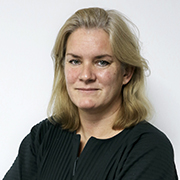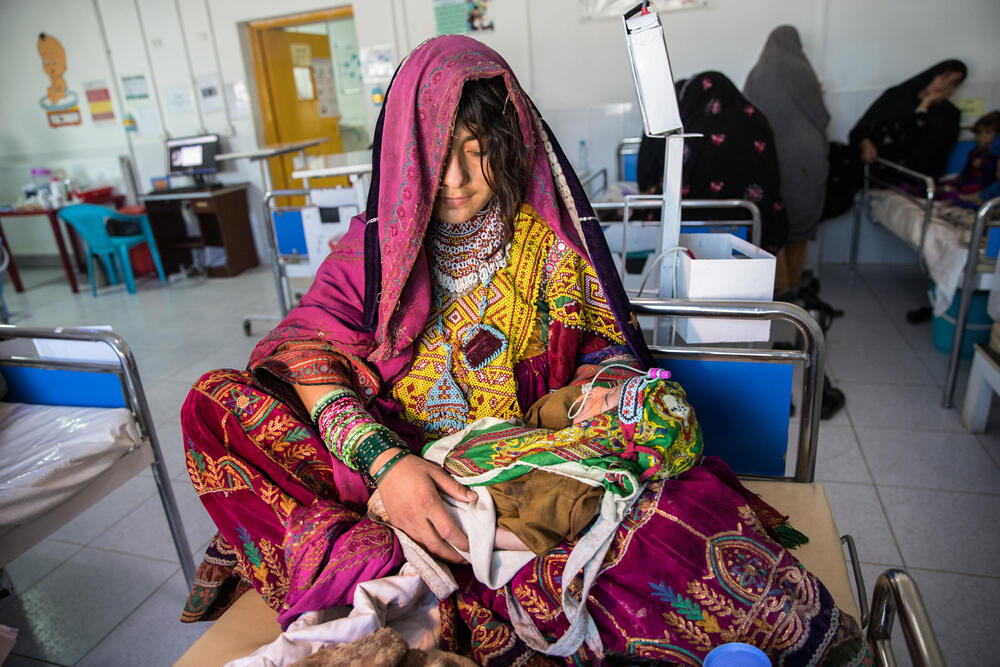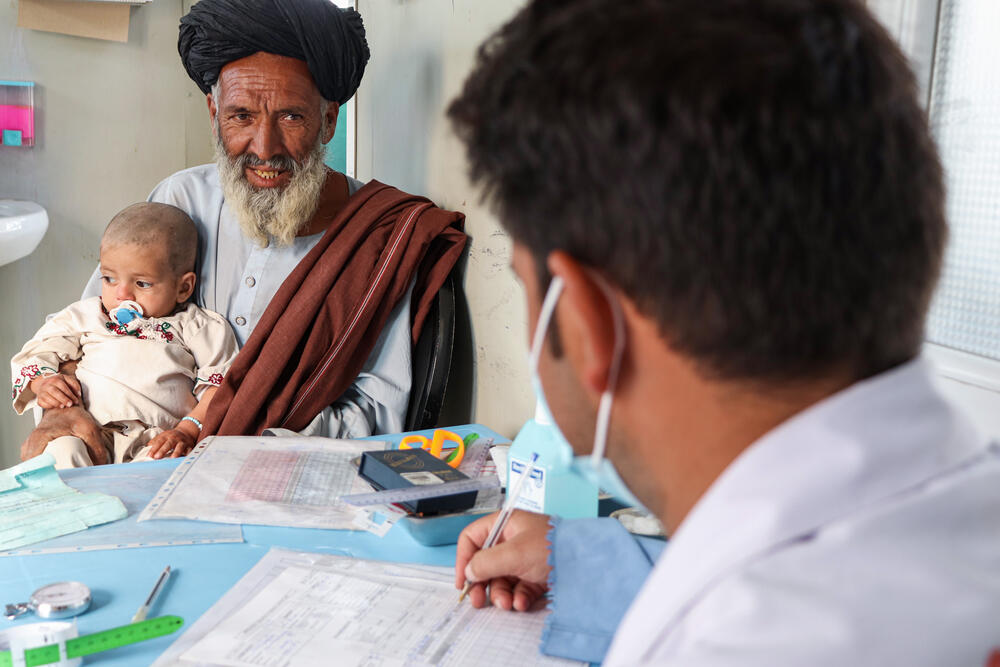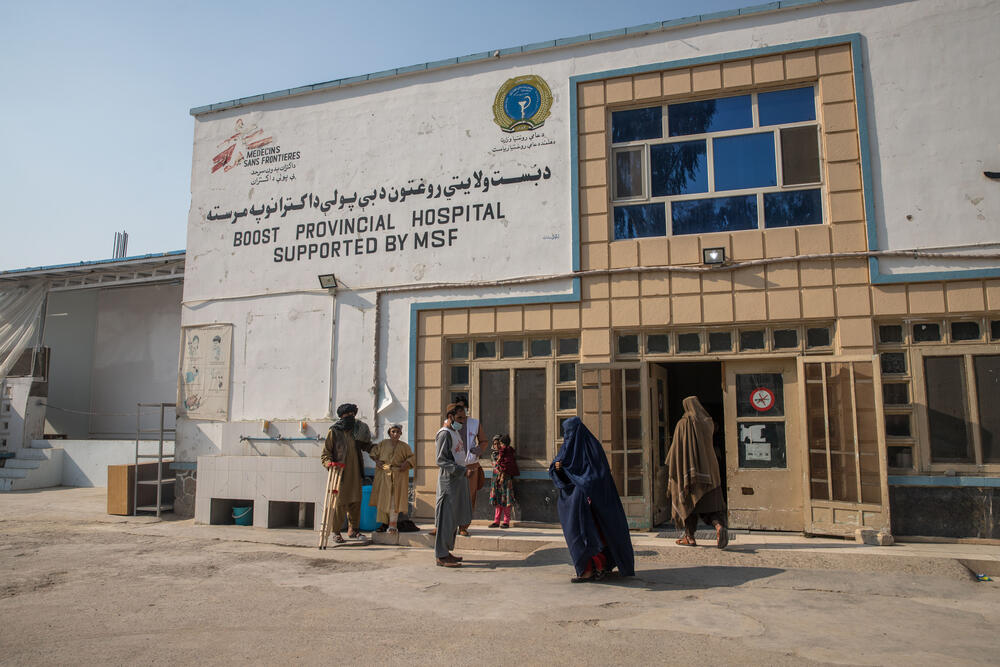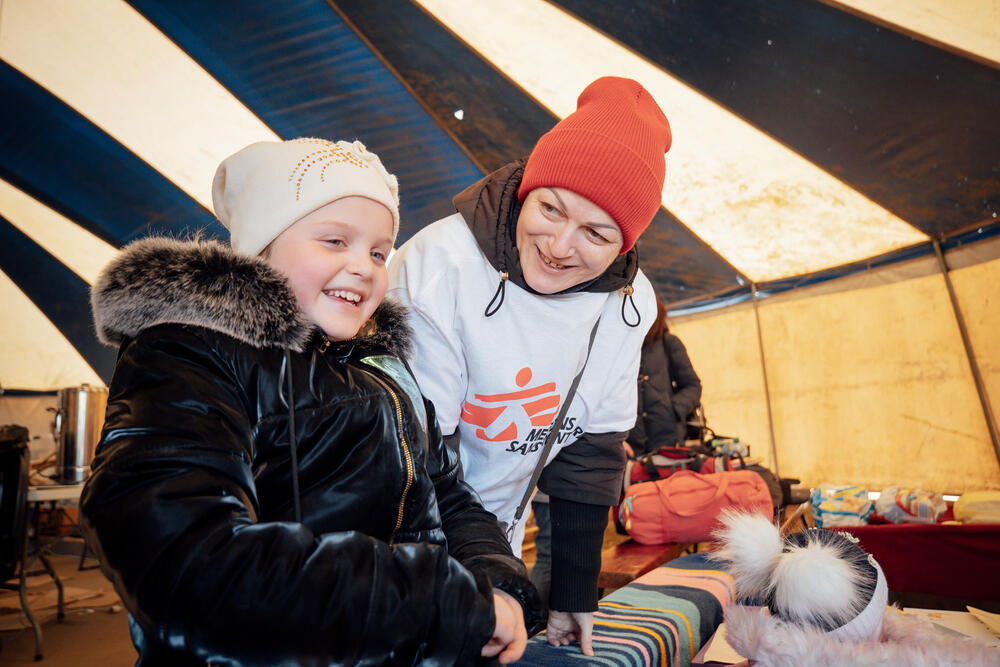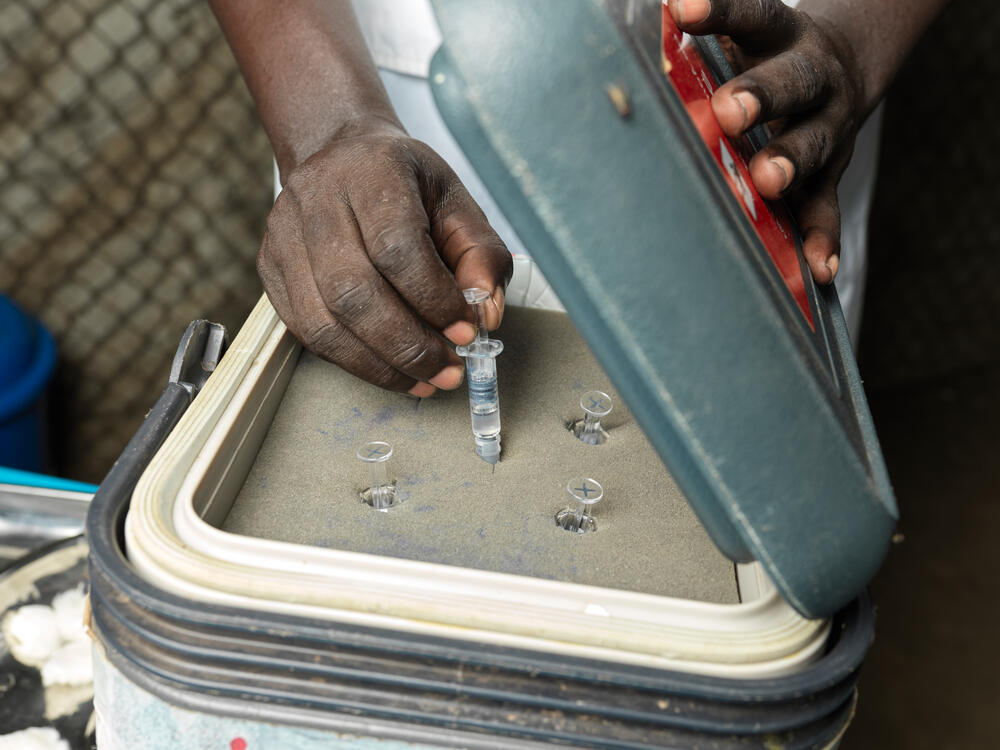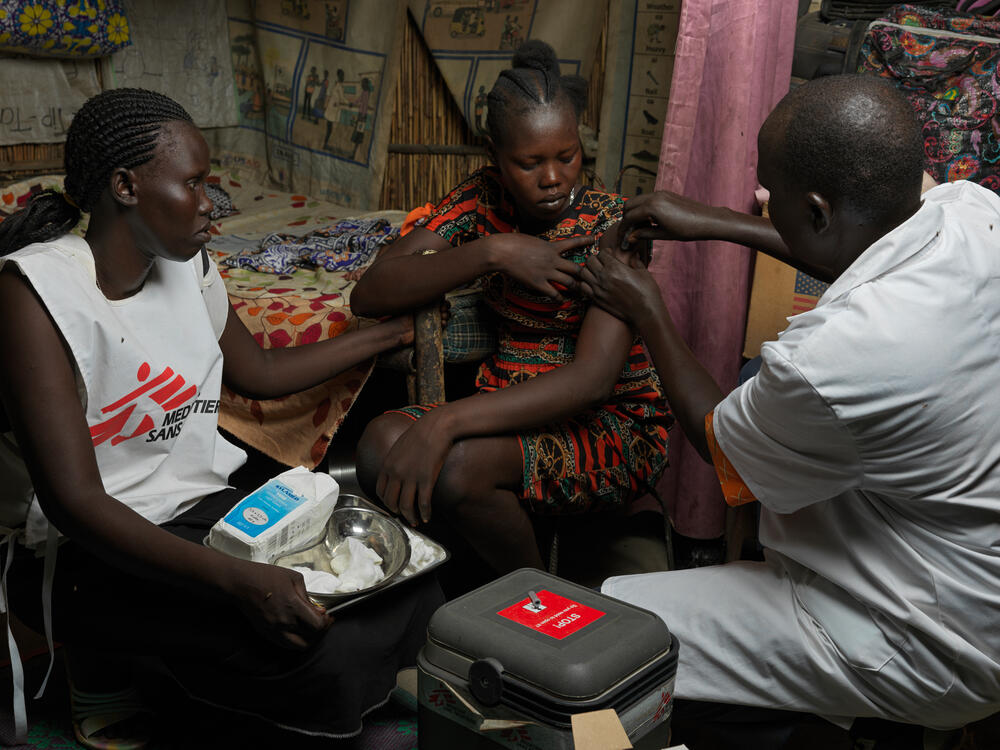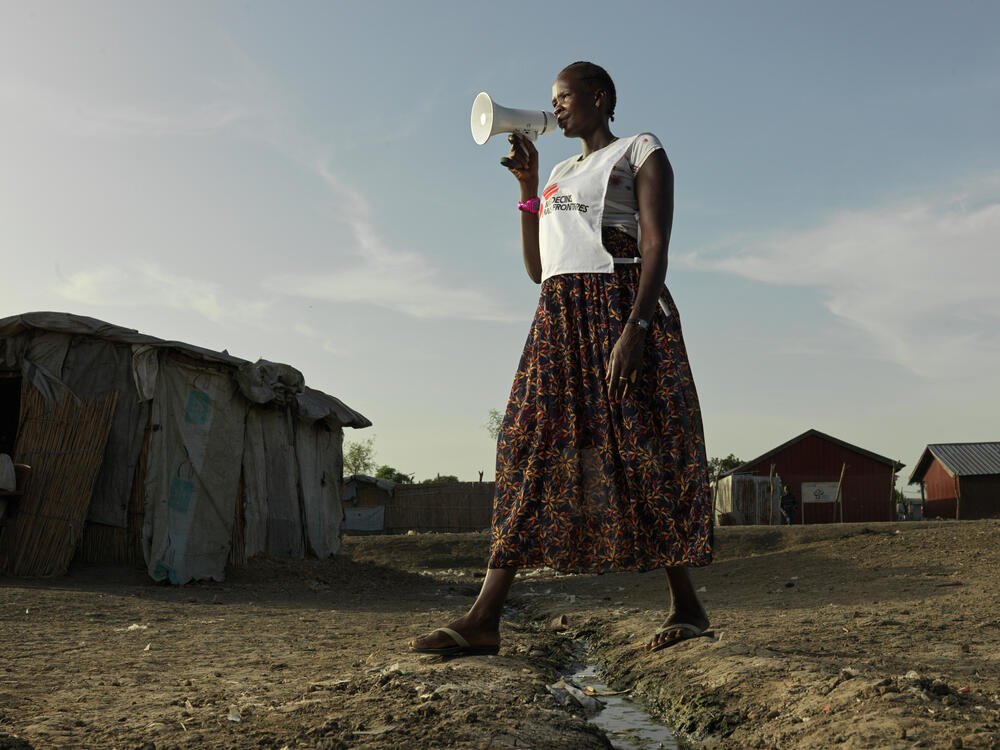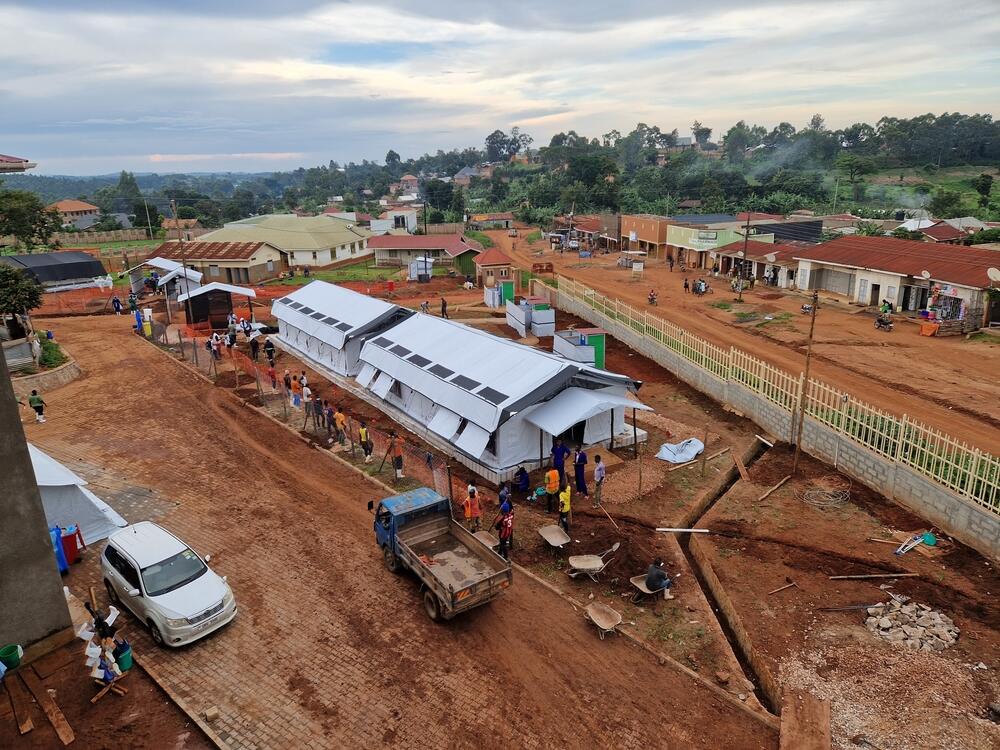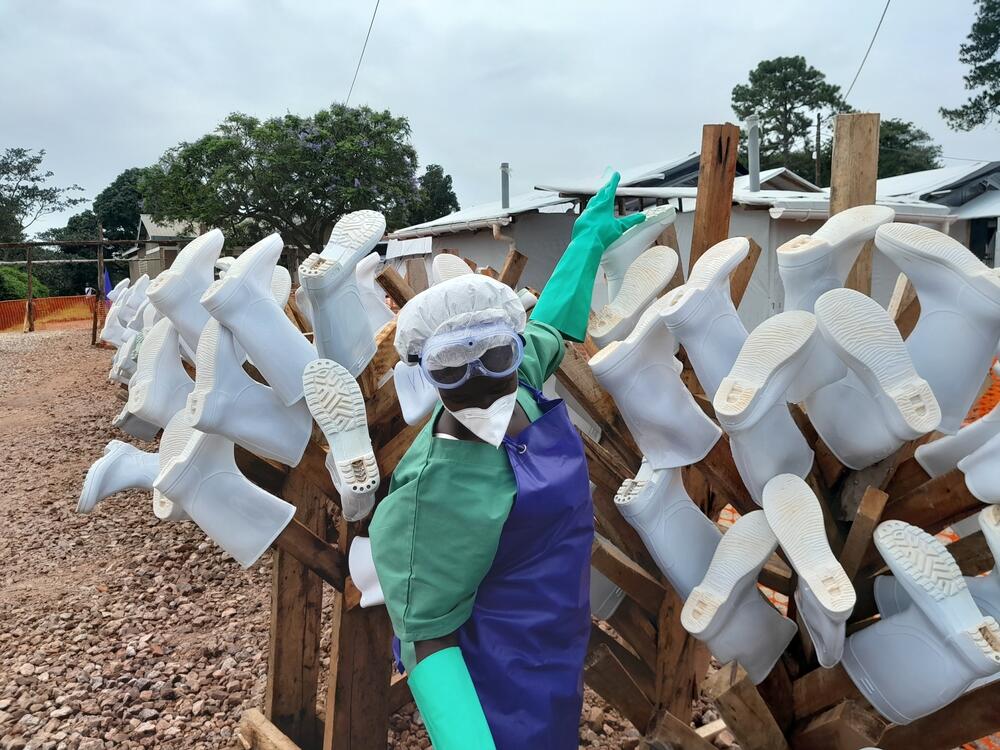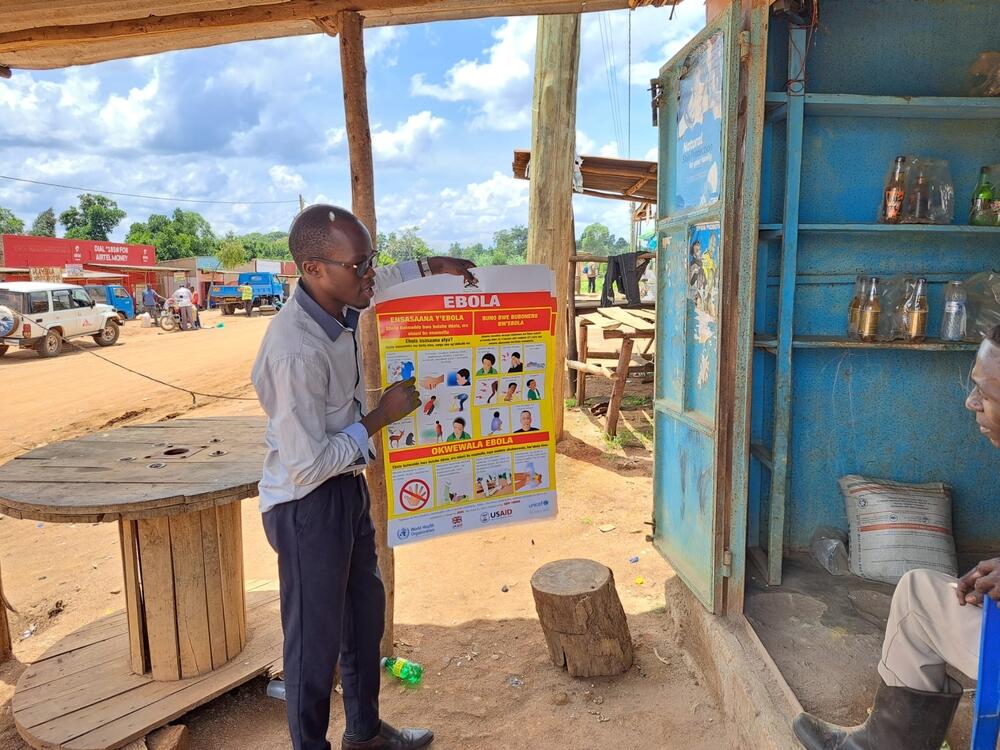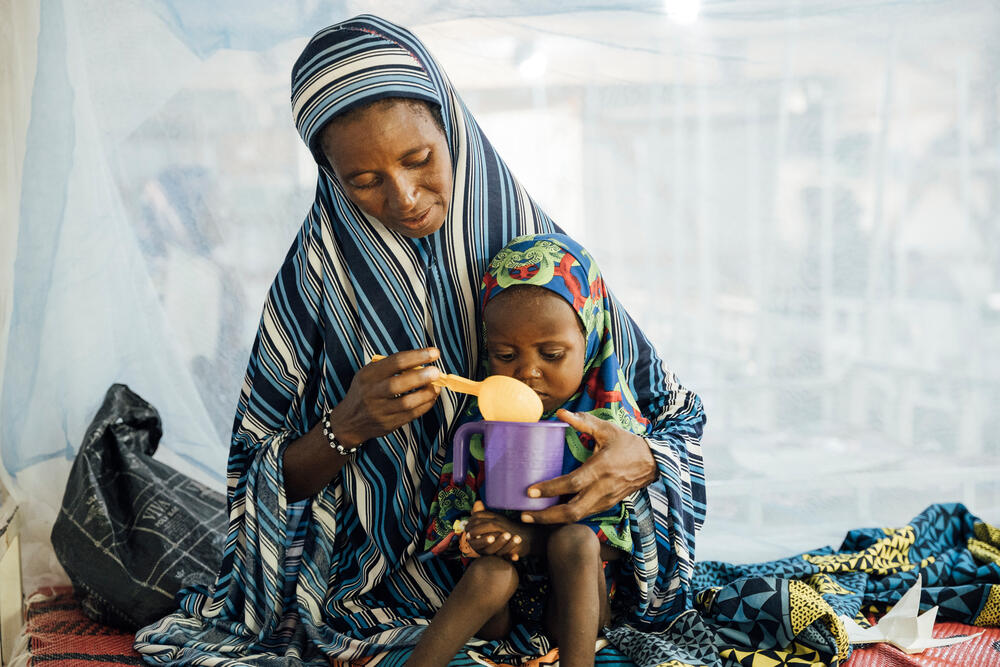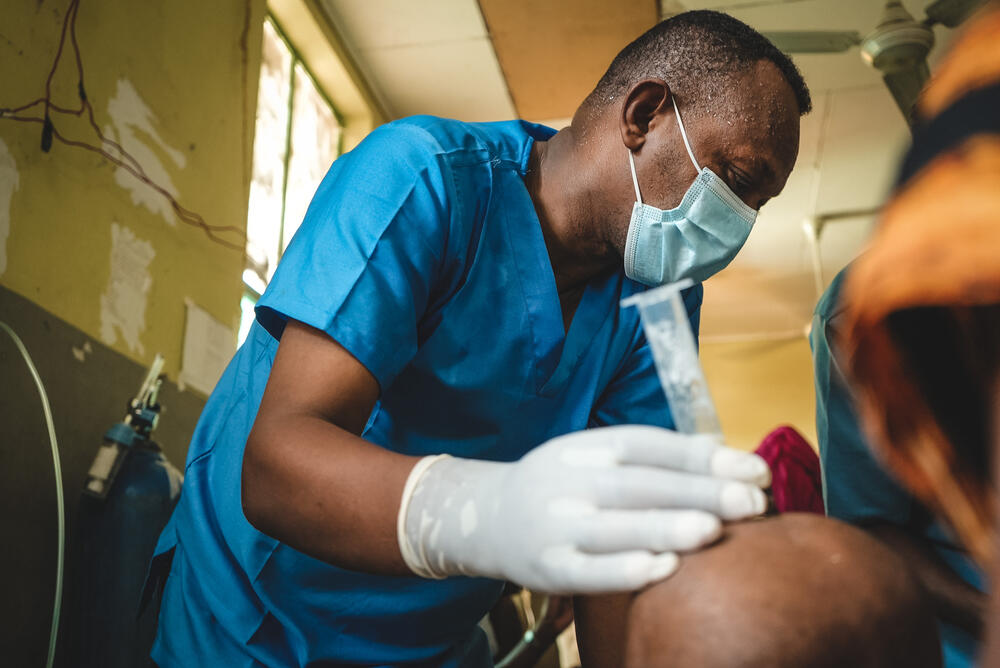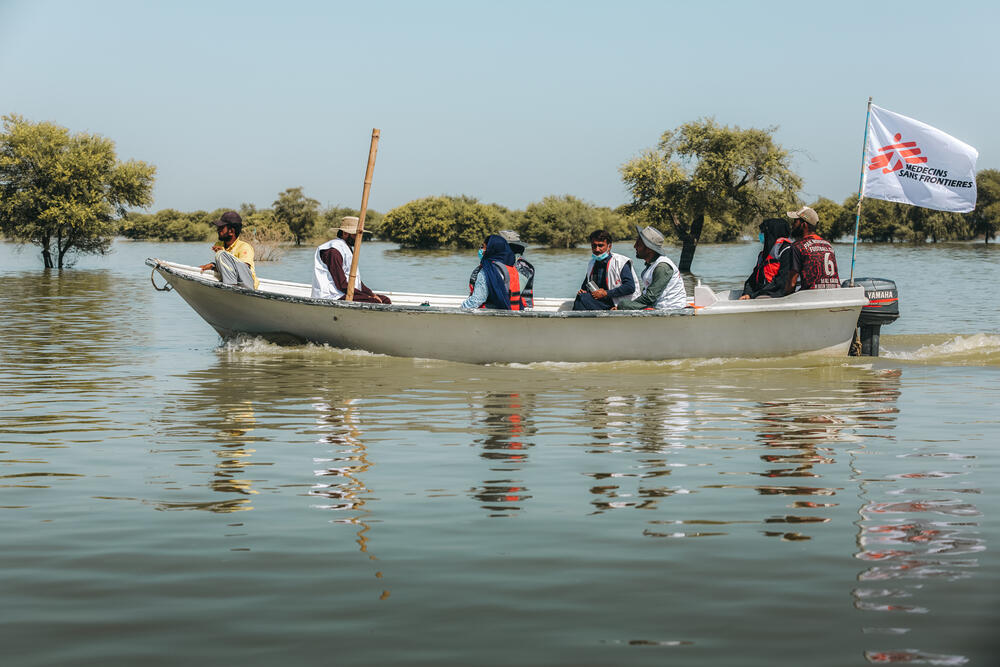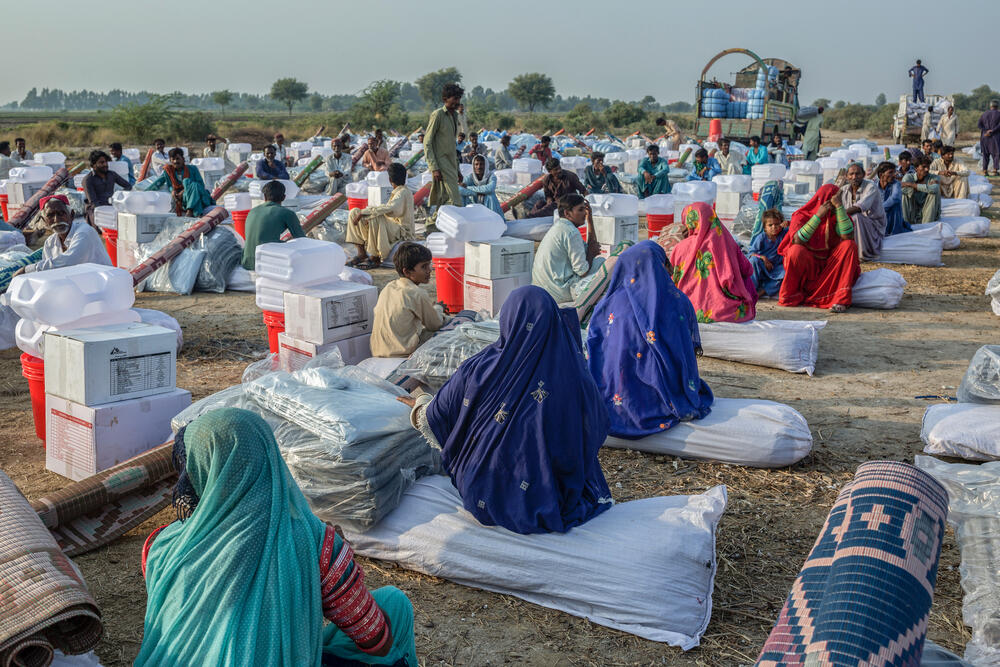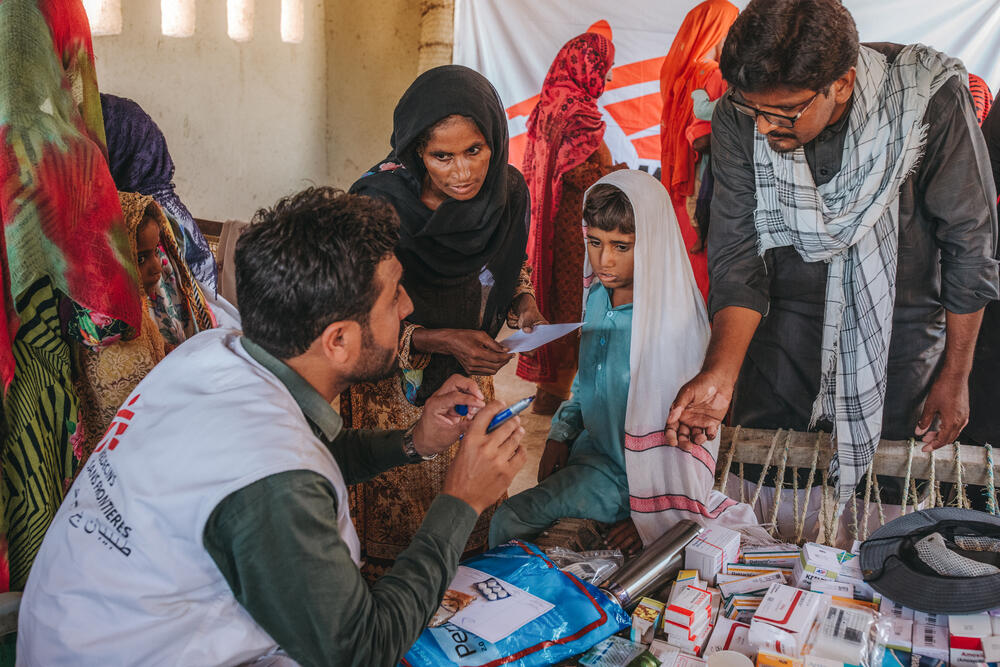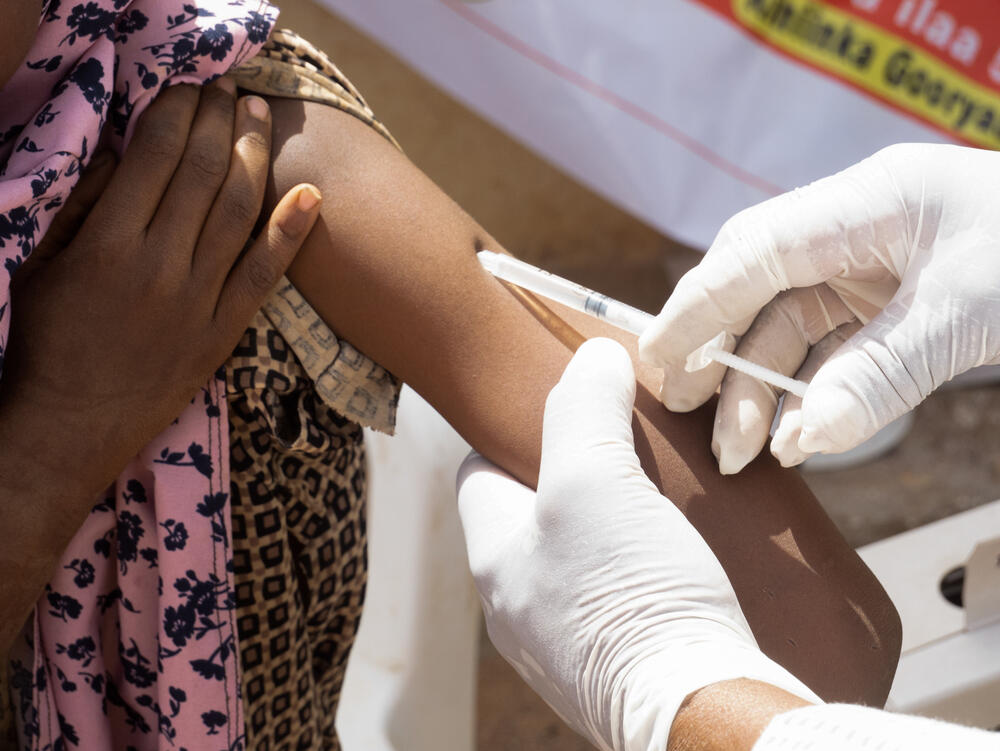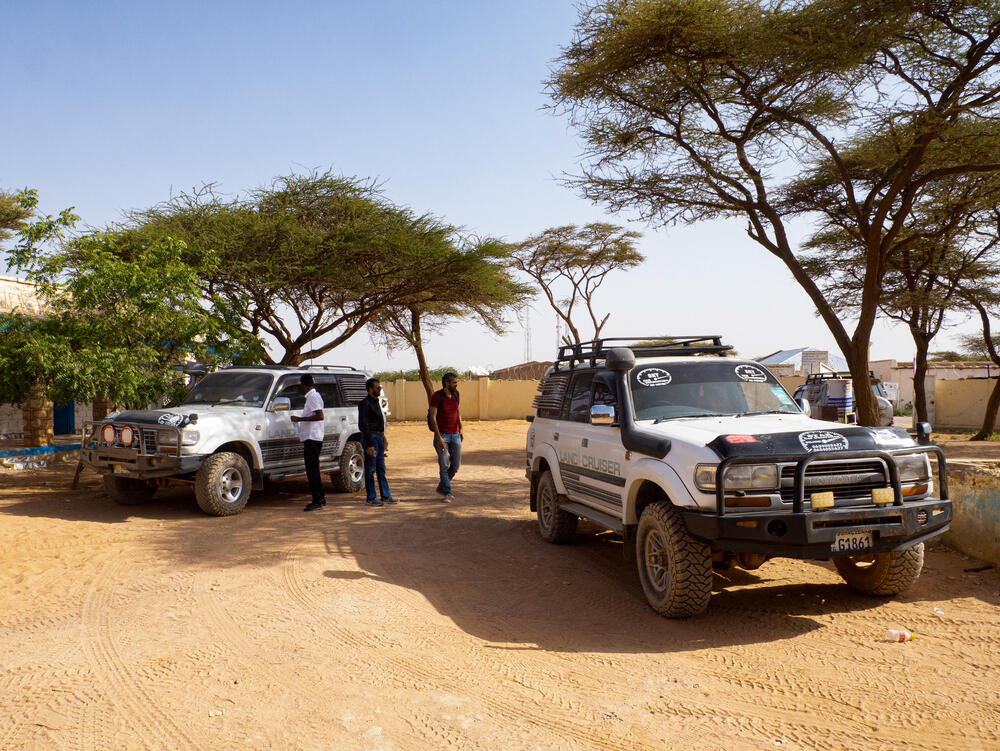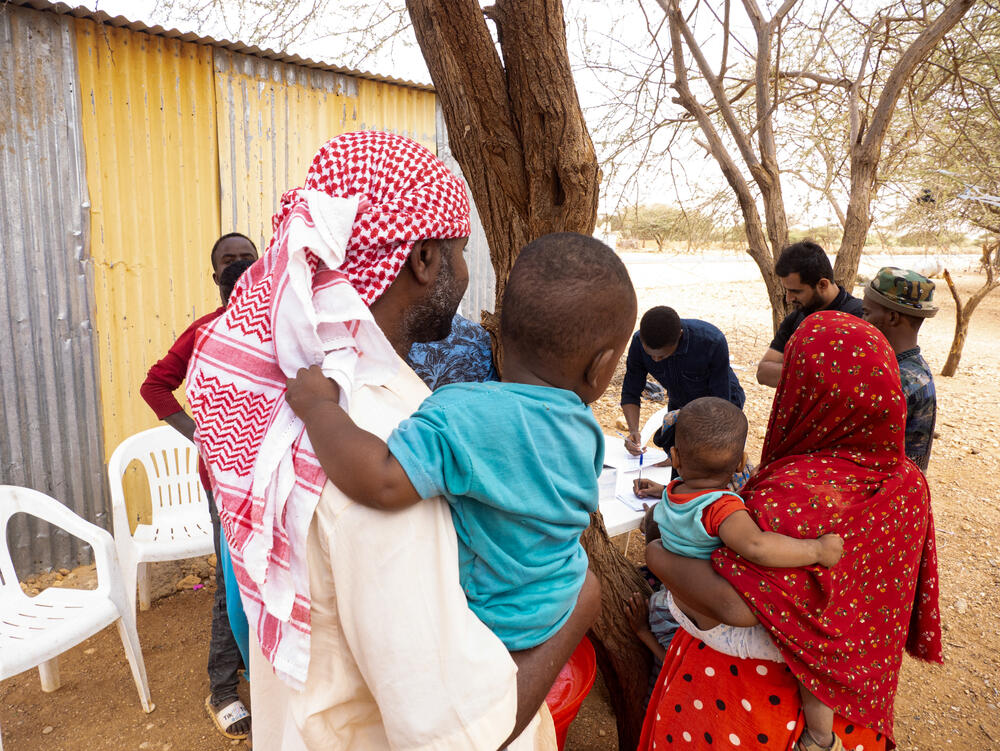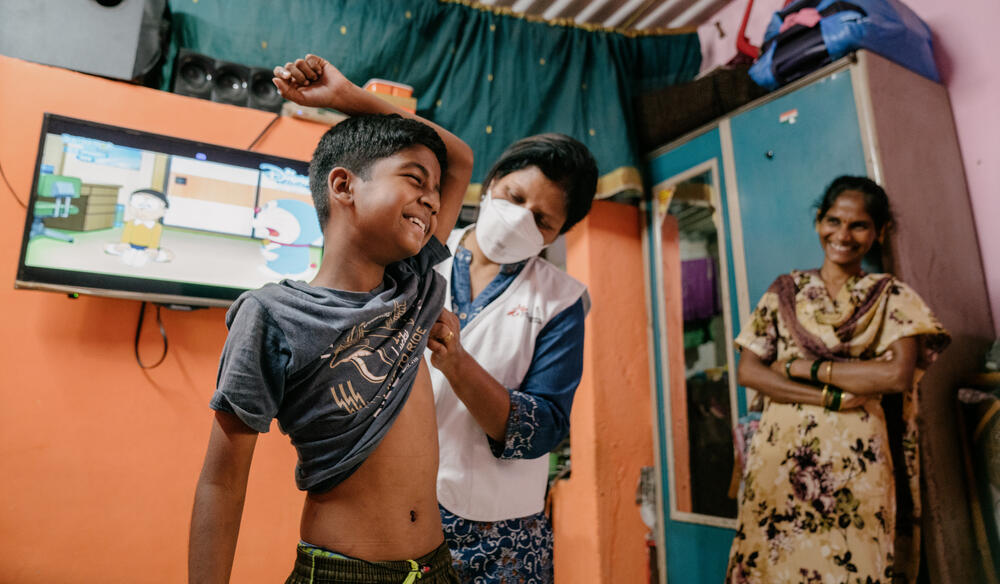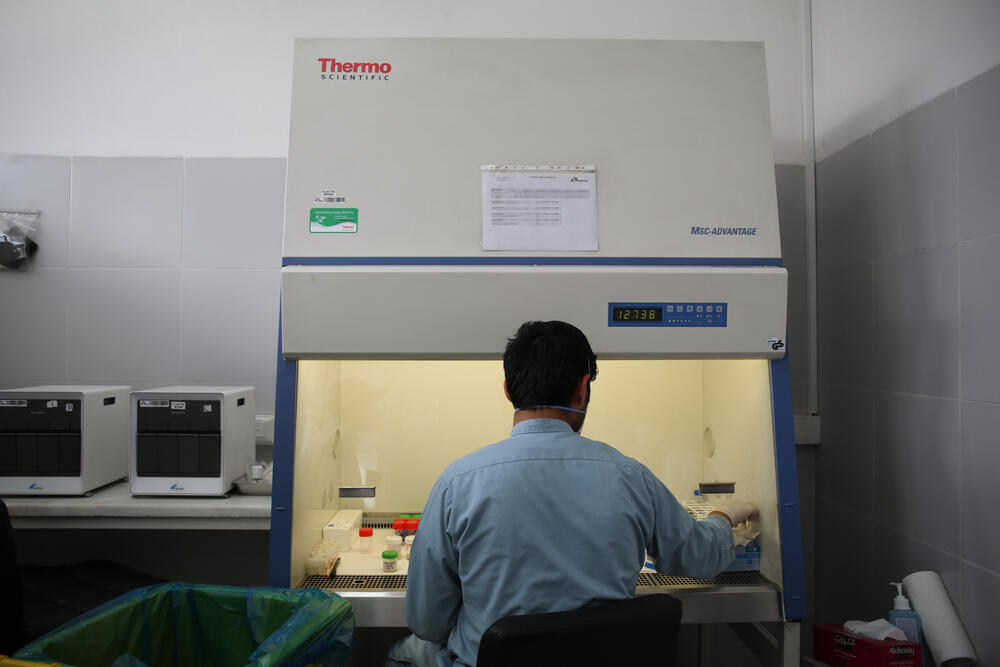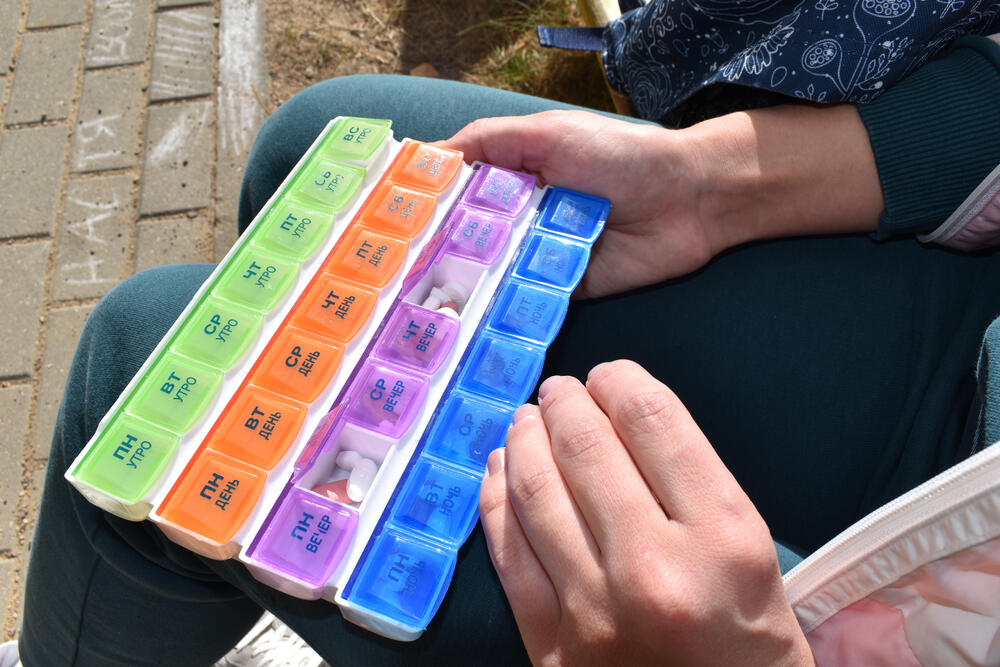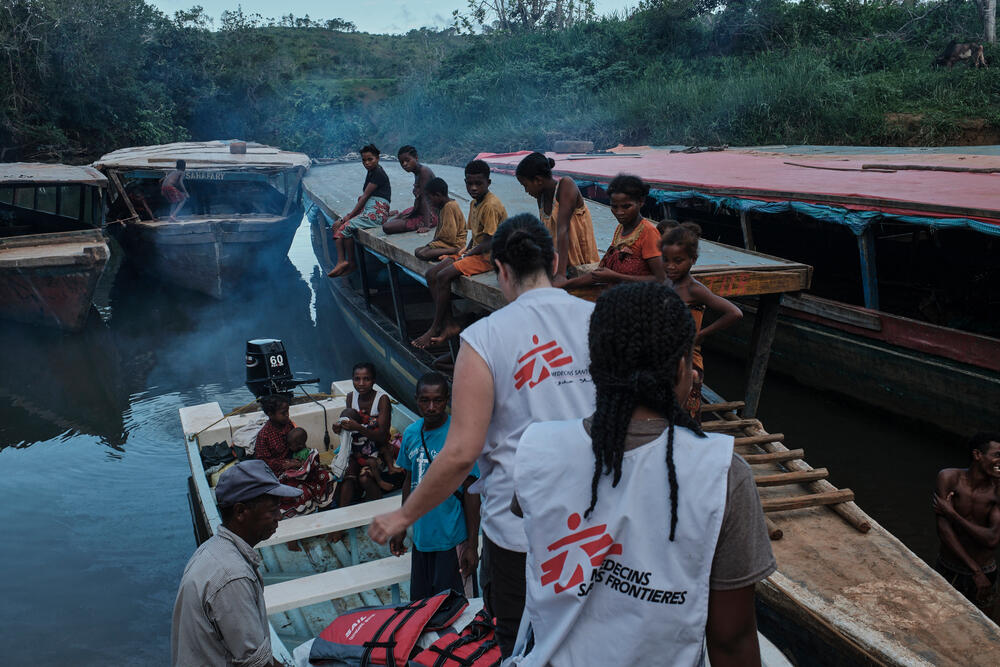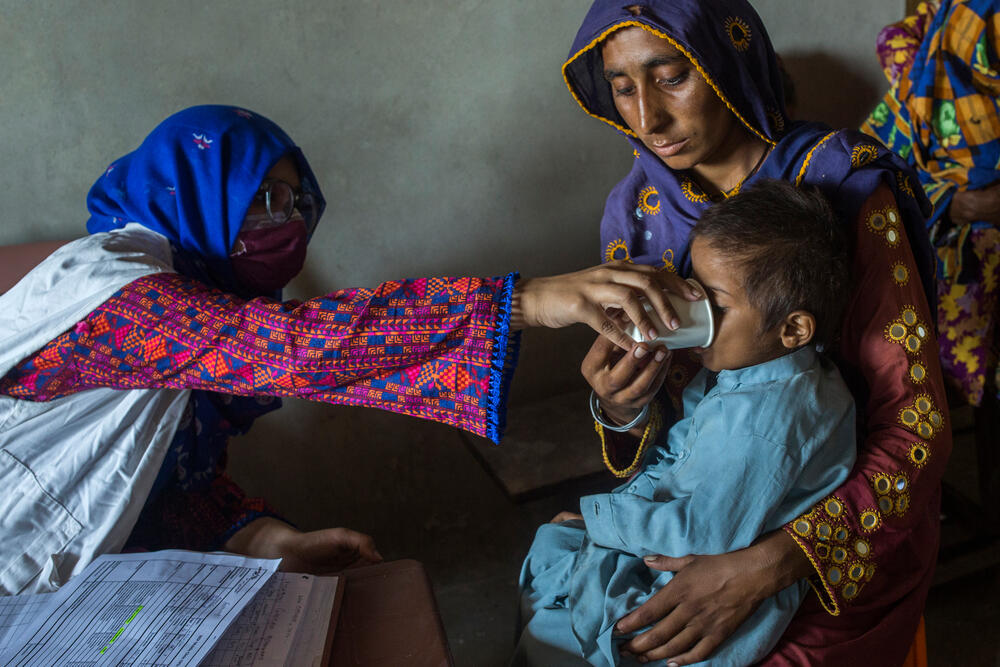Nine moments that mattered: MSF in 2022
From the war in Ukraine to world-first medical advances, our staff have strived to deliver life-saving care
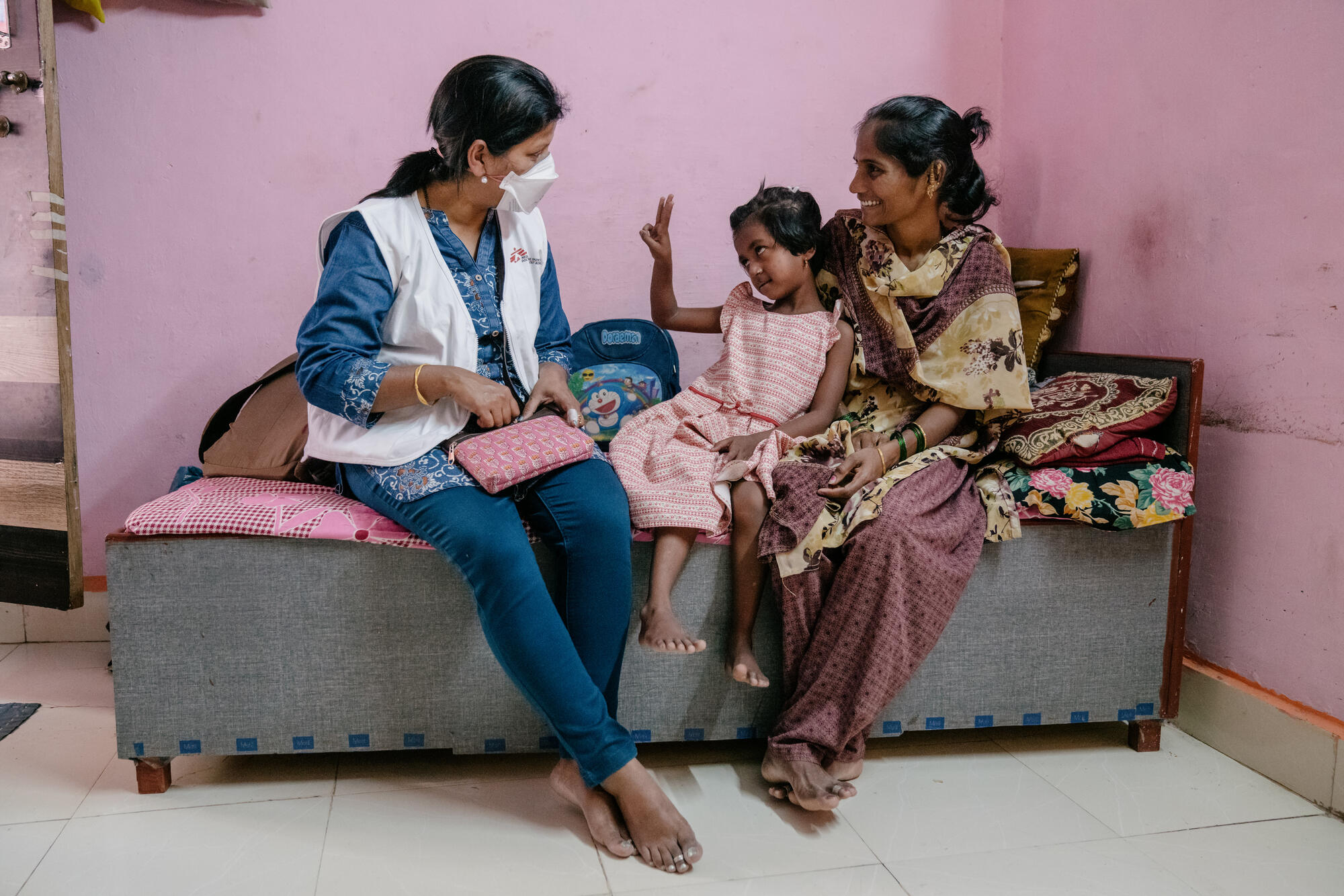
"Every day of this year, in every corner of the globe, our teams have worked to treat people facing stark humanitarian emergencies and chronic healthcare crises.
From the brutal war in Ukraine to unrelenting violence in Haiti, conflict and insecurity have overwhelmed healthcare systems, forced families from their homes and taken a toll on the mental health of entire communities. In fact, right now, people living through conflict make up the largest proportion of MSF patients.
At the same time, our medical teams around the world have reported widespread rises in malnutrition – a condition that, sadly, hits young children the hardest. In Nigeria, Yemen, and Somalia, we’ve treated thousands of young patients struggling because of food insecurity driven by conflict, climate and economics.
Whether in a remote rural clinic or an under-pressure city hospital, our expert and experienced staff have worked to provide this life-saving and utterly important medical aid. We’ve driven scientific advances in humanitarian healthcare and used our collective voice to speak out on behalf of vulnerable and marginalised patients.
It’s thanks to the unwavering support of people like you that we can do this for free – helping people regardless of race, religion, ethnicity or politics. You give us that vital independence.
For me, 2022 is also the year that I was welcomed as the new director of MSF UK, after 11 years of working in crisis zones first as a doctor and then running emergency teams. After all this time, I am still enormously proud to play a part in this incredible organisation. And, as a supporter, I hope that you are, too.
From everyone here at MSF UK, and our staff working around the world, thank you.
I hope you have a safe, warm and welcoming Christmas."
Natalie Roberts | MSF UK Executive Director
1 | The Afghanistan crisis
The fallout of Afghanistan’s change in government in 2021 developed into a chronic and complex crisis. The healthcare system across the county has faced extreme pressures, with shortages of staff, supplies and funding. At the same time, the economic and security situation has driven a surge in malnutrition and preventable diseases.
Throughout this, MSF teams have been working to meet the enormous medical needs from five major hospitals across the country. This includes Boost Hospital in Lashkar Gah, our busiest project worldwide with over 20,000 emergency room patients every month, and Khost Hospital, home to our largest maternity facility which delivered over 10,000 babies in the first six months of the year.
2 | The war in Ukraine
From the opening days of the conflict in February, the war in Ukraine has become perhaps the most high-profile humanitarian crisis in recent memory. The brutal and at-times indiscriminate fighting has killed thousands of people and forced many more to flee their homes: around 13 million becoming refugees in neighbouring countries and more than 6 million displaced within Ukraine itself.
The impact on healthcare has been immense. Hospitals have faced waves of trauma patients, dramatic shortages of supplies and the threat of power cuts, while essential services such as care for everyday chronic diseases have been disrupted.
MSF launched a rapid response within hours of the first attacks. Our expert teams have since been reaching frontline hospitals with vital supplies, training Ukrainian staff in mass casualty response, evacuating critical patients by medical train and working to support elderly and vulnerable people left behind.
3 | The world-first hepatitis E vaccination campaign
In a world first, healthcare teams in South Sudan carried out a ‘reactive’ mass vaccination campaign to halt an active outbreak of hepatitis E. The virus can kill up to 25 percent of pregnant women who get sick, as well as cause dangerous pregnancy complications.
The project, undertaken by MSF and the South Sudanese Ministry of Health, has since been featured in an influential medical journal in the hopes that it will encourage similar action around the world.
4 | Ebola in Uganda
On 20 September, Uganda officially declared an Ebola outbreak which has so far killed 56 people from 142 confirmed cases. But, while recent Ebola outbreaks have driven advances in life-saving interventions, this latest outbreak is caused by a relatively rare strain of the virus for which there is no licenced vaccine or treatment.
With vital experience and expertise in tackling Ebola, MSF teams got to work supporting the Ugandan authorities to limit the spread of the virus, protect at-risk communities and provide critical care in our purpose-built Ebola treatment centres.
5 | Malnutrition emergencies
Throughout 2022, malnutrition has been a growing concern in humanitarian crisis zones around the world. And, whether caused by conflict, climate or economics, in almost all cases it’s been children under five who have suffered the most.
In Yemen, MSF teams working to support the country’s crippled healthcare system reported a 36 percent increase in patients. In Nigeria, we raised the alarm on a ‘catastrophic’ situation in the northwest where we helped to treat more than 100,000 children. And, right now, our medical staff in Somalia are working around the clock in the face of a potential malnutrition disaster.
Join the Frontline
Never miss an update with our monthly email newsletter, Frontline.
You'll receive our best stories, critical updates, unique ways to get involved and much more.
6 | Pakistan flooding emergency
In Pakistan, unprecedented monsoon rains caused widespread flooding and destruction that affected a staggering 33 million people. With more than a third of the country underwater, in late August the government declared a state of emergency and called for an international response.
Already present across Pakistan, MSF teams worked to adapt existing projects and reach survivors as the situation evolved. To date, our mobile clinics have seen more than 95,000 patients. We've also provided 44,000 vital relief kits to families and supplied more than 46.5 million litres of clean drinking water to vulnerable communities. Work that still continues in the aftermath.
7 | Over 100,000 children vaccinated in massive measles outbreak
Somalia and Somaliland faced one of the largest measles epidemics in the world – an emergency made worse by mass displacement pushing families into crowded camps where the disease could rapidly spread.
MSF teams across the region treated more than 7,000 patients – mostly children under five years old – at specialist centres. Then, in July, we partnered with the Ministry of Health to deliver a vast vaccination campaign that reached 106,000 children, from the camps to remote and rural communities.
8 | The search for better TB treatment
Often thought of as a disease of the past, tuberculosis (TB) is the world’s leading infectious killer. Every year, more than 10 million people develop ‘active’ TB and 1.5 million people die from it. Around half of all patients develop drug-resistant TB – a strain that doesn’t respond to normal antibiotics and can require a tough two-year treatment with severe side effects.
In 2022, an MSF-led clinical trial, TB PRACTECAL, revealed the game-changing results of its search for a shorter, safer and more effective treatment for drug-resistant patients. The findings were recently published in the New England Journal of Medicine and have now been recommended by the World Health Organization.
9 | Climate emergency
The humanitarian consequences of the climate emergency have been clear in 2022. From destructive floods in Pakistan and drought in Somalia, to increasing rates of malaria and dengue fever worldwide, our teams have been responding to emergencies made worse by a dramatically changing climate.
When Madagascar was hit by two tropical cyclones in a row, we worked to reach cut-off communities and rebuilt razed hospitals. We also launched our first-ever project in Kiribati – the remote Pacific island nation dubbed a ‘canary in the coal mine’ of climate change. And, in November, we called for concrete political action at the UN’s COP27 climate conference in Egypt.
